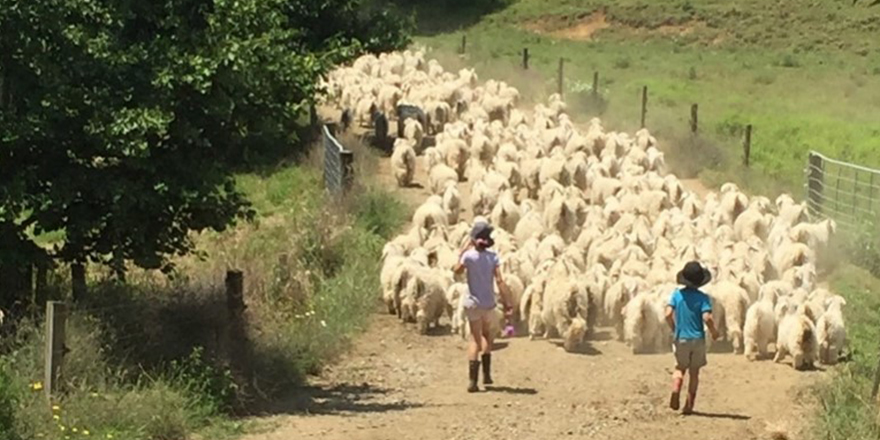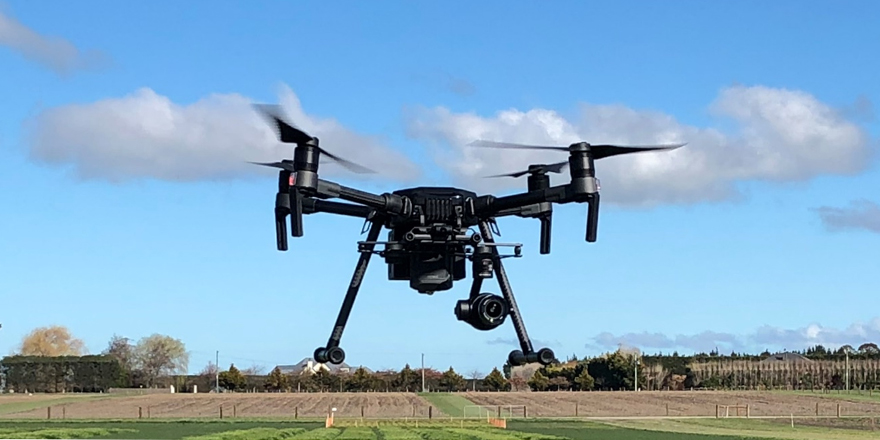
Executive Summary
The conversation about “young people” in the New Zealand primary industries is one that we have all mulled over for a numerous years now. Of major concern to many agribusinesses is the transient nature of the young people they employ – it seems that holding on to a millennial staff member for more than five years is now rare, and this creates significant disruption for businesses, as well as hesitancy to invest in staff development.
Why do young people move on to new jobs so frequently? Is there something that we can do to minimise this? There comes no easy answer as the challenge of managing people – their perceptions, ambitions, cultures, family situations and career expectations – is a dynamic that is constantly changing, and perhaps changing faster than we can understand it. But opportunities do exist for agribusinesses who are seriously looking to better retain their millennial staff. We must begin by looking beyond the all-too-common stereotypes corresponding to this generation.
As New Zealand primary industries continue to grow and we enter a period where export value takes all priority over volume, the need for more highly skilled employees has never been more important to agri-sector support services. Millennials will soon make up the majority of the New Zealand workforce and their skills offer the key to the primary sector’s strategy being a success.
In order to rise up to the challenge of better retaining millennials in our agribusinesses, data collection on New Zealand millennials, specifically those involved in the rural industries, is required to understand their unique cultural differences and how they may affect their behaviours. Almost all of the data currently publicly available on “millennials” is North American.
A guide and tool kit for New Zealand agribusinesses needs to be produced that could detail practical methods to improve retention of young staff in agribusinesses. This guide could offer techniques on how to provide a stronger “people strategy” within their businesses; techniques to understand the strengths and needs of their staff; to cope with staff travel or other sabbaticals; and to ensure that a business’s training and orientation resources are adequate to minimise business disruption caused by employee’s extended leave or turnover. The guide could also offer methods that will help businesses meet millennial expectations of regular feedback and recognition, and methods to meet millennials’ high need for “empowerment”. Millennials crave opportunities to dedicate their skills and abilities to make an impact on the business they work for.
Relevant job flexibility options could be trialed in agribusinesses and showcased. Job flexibility and “temp” options will become even more valued by millennials as many are travelling overseas or pursuing other development opportunities more-often; they are beginning families later in their careers (and in many cases both millennial parents are working); and Baby Boomer parents are soon-to-be retiring and will soon require more care by their millennial children. More flexible work options need to be explored that better harness technology and correspond to all millennial (and agribusiness) needs. Cross–sector human capital sharing viability could also be investigated further to find how it might add value to all primary industries.
We now have an opportunity to change the nature of work in New Zealand agribusinesses in a way that will promote millennial participation and engagement. If agribusinesses are not proactive in this space, we will lose these young people to other industries, and lose a great deal of potential for growth in our sector.




